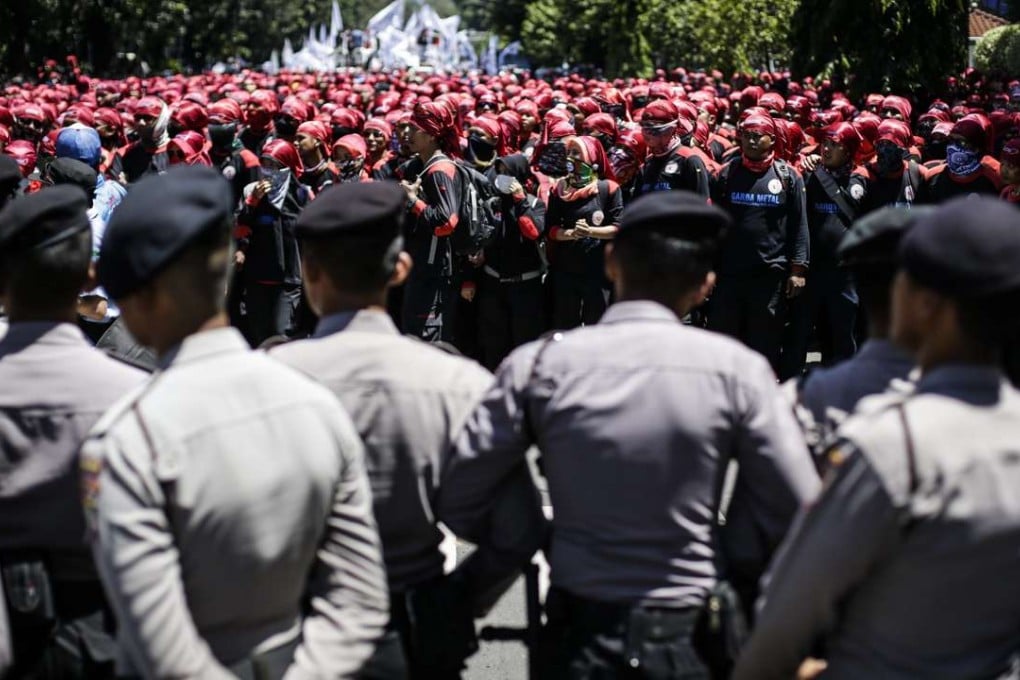Can tax amnesty coax Indonesians into baring their assets?

Indonesia’s unprecedented tax amnesty has so far sucked less than US$1.2 billion out of Hong Kong and China and persuaded Indonesians to declare a similar amount in previously undisclosed assets, but after the first three-month phase it is already clear the country’s elite is intent on keeping much of their wealth abroad.
That means paying a four per cent tax on what they hold in overseas bank accounts, compared with the lighter two per cent penalty if they bring the money back and stash it in local banks, where it must remain for three years. Indeed, while more than half of those declared assets are in cash and the rest split between property and marketable securities, only a small percentage of the targeted Rp1,000 trillion (US$77.5 billion) has been repatriated so far.

For all the media scepticism, however, it is already the most successful amnesty of its kind in history, exceeding Italy’s 2009 programme which unearthed €80 billion (US$90 billion) in assets and €4 billion in extra tax revenue.
Hong Kong is third on the list of repatriated funds behind Singapore (US$3.05 billion) and the Cayman Islands (US$1.26 billion), but fifth behind Singapore (US$26 billion), the Caymans (US$3.7 billion), the Virgin Islands (US$2 billion) and Australia (US$1.3 billion) in declared assets.
‘It’s about time’: Indonesia’s new finance minister Indrawati aims to build trust, boost tax revenue
Banking sources say there is evidence to show that some of the very wealthy are repatriating funds through money changers, in two cases involving sums of US$150 million each, so they can be classified as onshore and subject to only two per cent tax.
